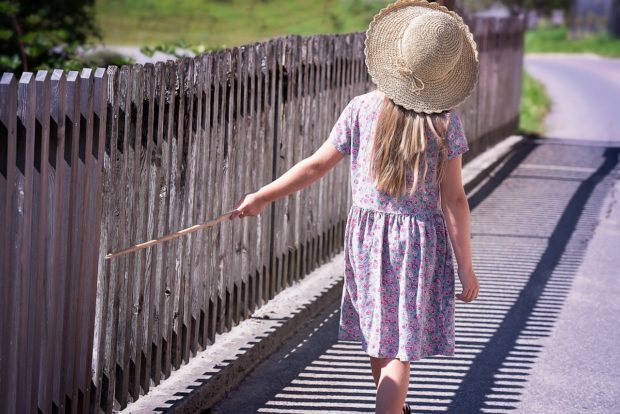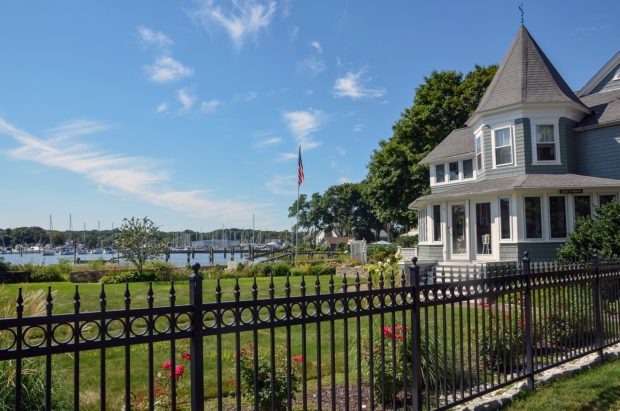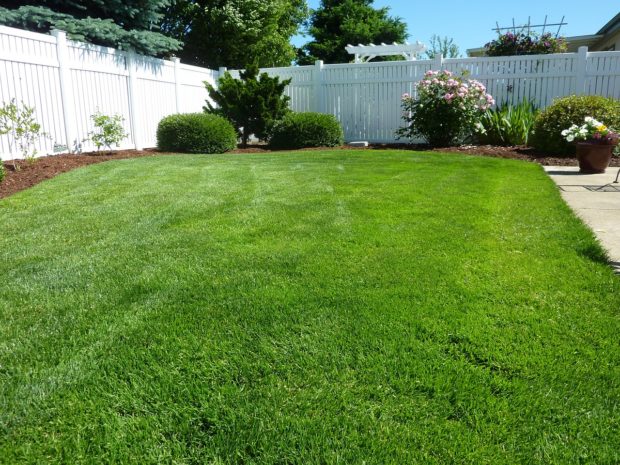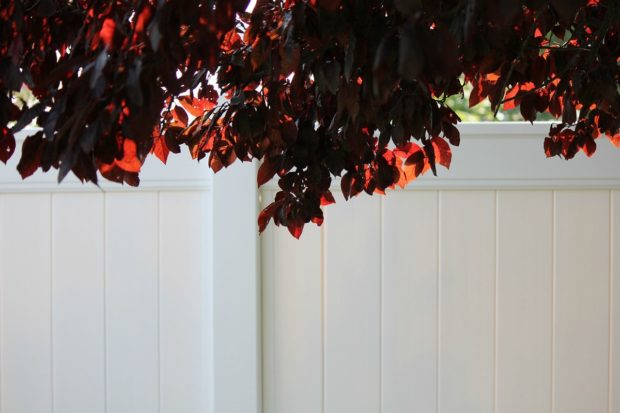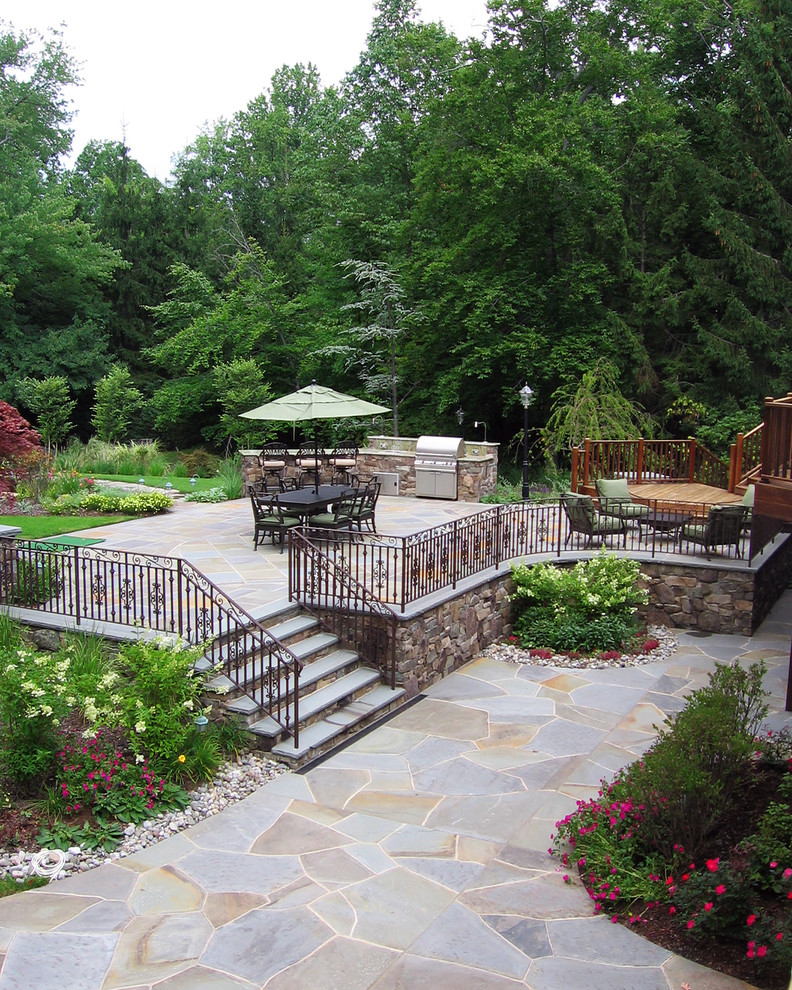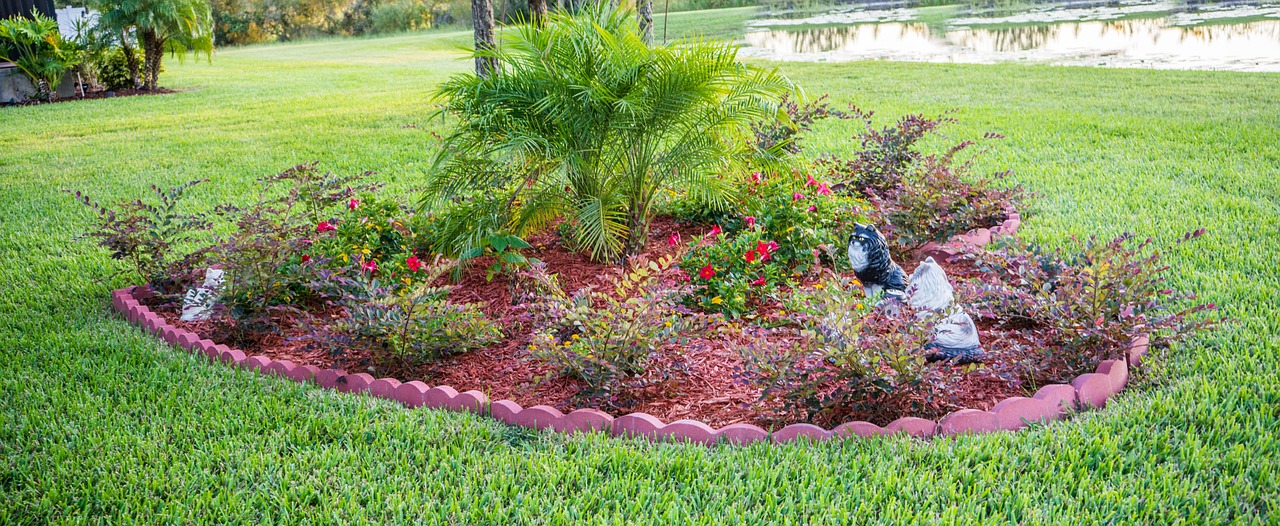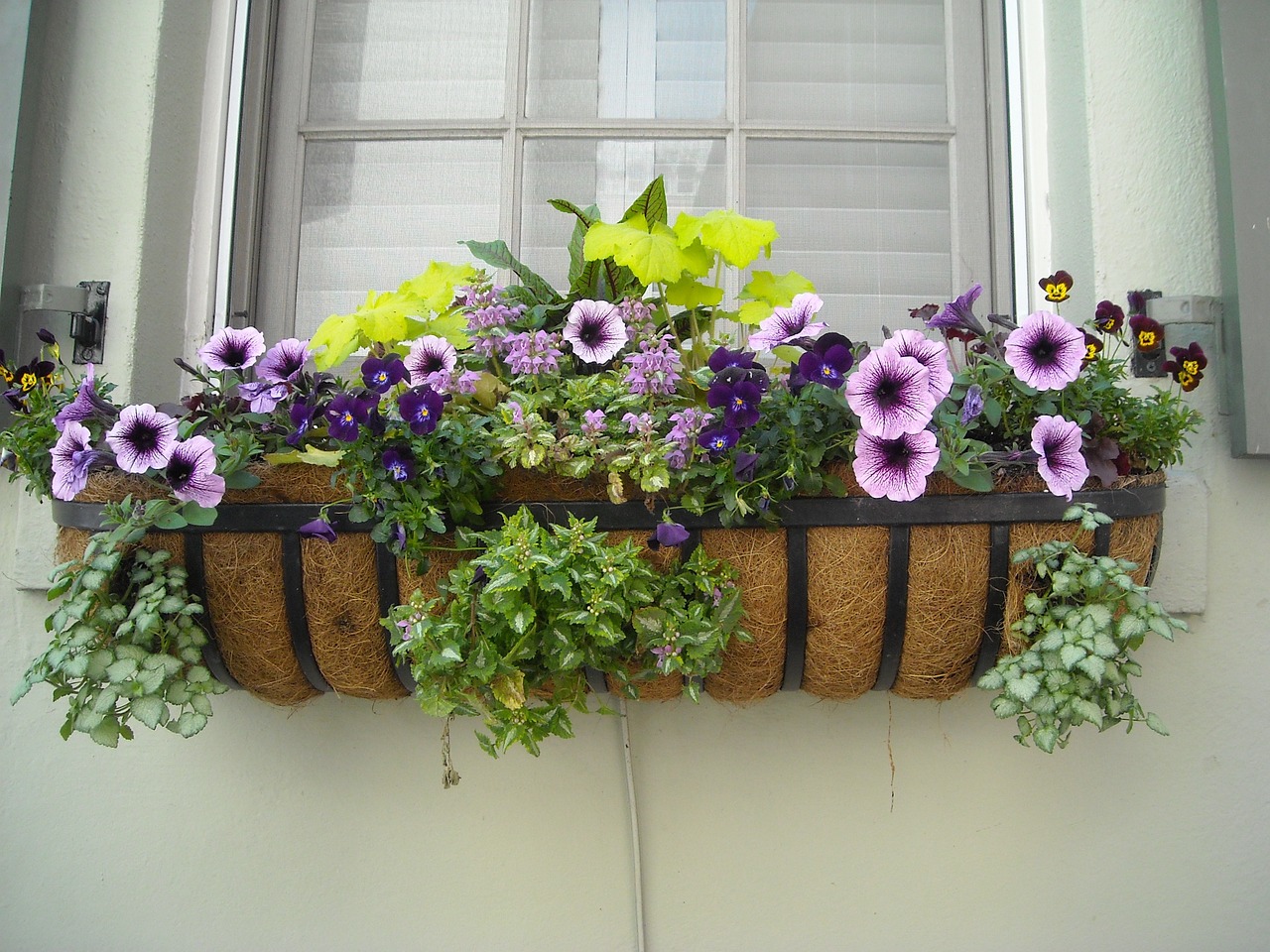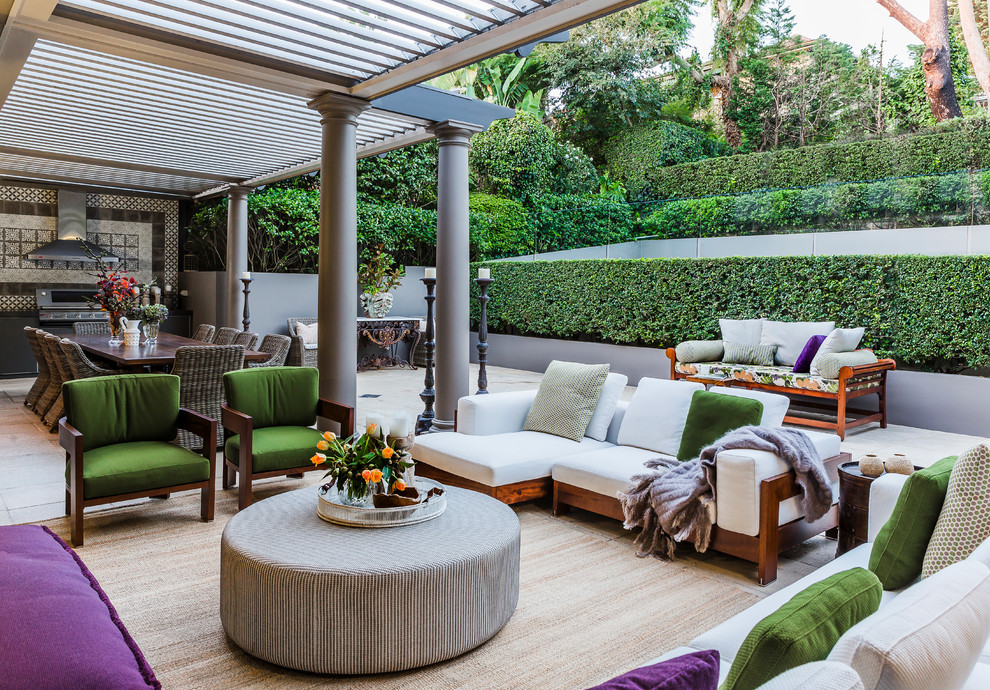From imposing aluminum fences to strike fear into the heart of potential intruders, to rustic picket fences that add a touch of charm, there is no shortage of fencing options in 2022. And while all do the task of keeping your property secure, some may also provide enhanced aesthetic and practical benefits, depending on your needs.
So which fencing options are best for you? It all comes down to a few factors, such as:
Your budget – Fencing options range in price, from the low-cost chain link to the more expensive wrought iron.
Installation difficulty – The difficulty of your fence installation will depend on your terrain, material, and any other conditions that may complicate the project. Consider hiring a professional if you don’t have the experience or resources to do it yourself.
Durability – Certain materials are more resistant to wear and tear, harsh weather conditions, and corrosion.
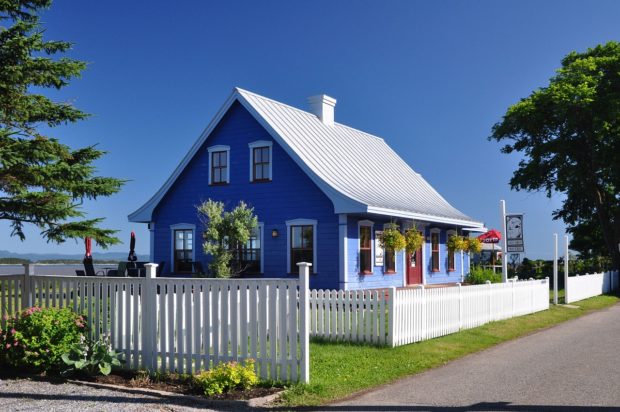
Aesthetics – Some fence styles just stand out more and will better complement your exterior.
Privacy and Security – A stronger, more imposing fence will keep eyes at bay while also deterring intruders.
Landscaping – Certain fences may allow for more landscaping options around its perimeter.
With all this in mind, let’s look at a few of the fencing options available to you:
Chain Link Fencing
If you’re looking for a cost-effective and secure option, chain link fencing is ideal for both residential and commercial spaces. You’ll see these in public parks, backyards, carparks, and more. It’s an inexpensive and effective way to secure a property with minimal maintenance required.
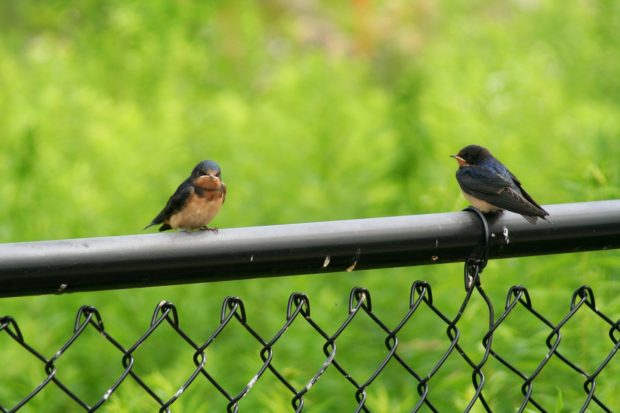
While a chain link fence requires little maintenance, is relatively cheap to install and can last many years, it does come with a few drawbacks. It provides little privacy due to its transparency design and can be easily cut or climbed over. It can also be hard on the eyes and can greatly reduce your home’s aesthetic appeal.
Wooden Fencing
Wooden fencing can range from basic utilitarian to ornate and decorative. Designs available are diverse and applicable for different uses, i.e picket fences offer a traditional charm, while board panels are well suited for strength and privacy. Due to its often attractive design, wooden fencing is the perfect way to add an edge of style and elegance to your property.
Below are a few examples of what wooden fences are available to you:
Wood Picket Fence – A classic style that uses evenly spaced vertical boards with a gap between each board.
Post and Rail Fence – Ideal for farms, these fences keep large animals in and are usually made with two or more rails.
Wood Lattice Fence – A good option is privacy is your main concern. The gaps in this type of fence are often filled with vegetation, giving it a natural look.
Louver Fence – These secure fences have few gaps and can protect your property from water splashes, neighbor’s eyes, climbing intruders, and noise.
Wooden fences, for the most part, do have drawbacks. As they’re a natural material, they’re susceptible to rot, warping, and insect damage. To combat this, periodic maintenance is required for a wooden fence to last; such as resealing or staining a few times every year.
Wrought Iron Fencing
Ideal for larger properties or commercial spaces, wrought iron fences are elegant, secure, and nearly impossible to break into. This type of fence is usually made from thick steel bars that are welded together for extra strength and stability. And because of its imposing look, you’re more likely to keep intruders out.
Generally, wrought iron fencing is expensive to install and will experience some weather damage throughout the years. On the flip side, it’s easier to maintain and is more durable against physical damage like vandalism. Wrought iron can also be molded into intricate designs and styles that provide a more classic and traditional look.
Vinyl Fencing
Most homeowners love wooden fences, but cannot handle the maintenance such fences require. This is where vinyl fencing comes in; it offers all the benefits of wooden fences without all the hassle. Vinyl requires little to no maintenance, and won’t splinter like wood, making it less hazardous for young children to play around.
Vinyl fencing, however, is not without drawbacks. As the material is plastic-based, it has an artificial look that can be considered an eyesore. And unfortunately, vinyl is not as strong or secure as iron or wooden fences, meaning it’s easier to climb or break into.
All in all, if you’re looking for a low-maintenance option, vinyl fencing is ideal. Just be prepared to pay for premium options if you want your vinyl fence to really resemble wood.
Composite
Composite provides a mix of both wood and plastic materials, creating a fence that offers beauty, strength, and privacy. It has the same classic look of wood without all the maintenance involved with it, such as degradation from rot and insects. Due to its multiple benefits, you can expect to pay more than cedar or vinyl for the materials and the installation itself.
The main drawbacks of composite are its initial cost and color fading. It’s more expensive than wood and overtime can become discolored without the proper maintenance. You may even experience mold growth on the surface if it’s not properly cared for.
Overall, composite is a great choice to get the wood look without all the upkeep that comes with it. If you’re willing to spend extra on installation and maintenance, then this type of fence may be perfect for you.
Conclusion
Choosing the right fencing for your property can be a headache if you’re unaware of which materials are best for you. But with a little research, you’ll find one that suits your practical needs, design preferences and budget. From wood to vinyl, composite to wrought iron, there’s sure to be something perfect for your home or office.
But no matter which fence you go for, a professionally installed and well-maintained fence is necessary and often legally mandated. Make sure to find a reliable contractor and follow all local building codes before you start constructing your fence.

